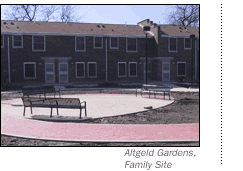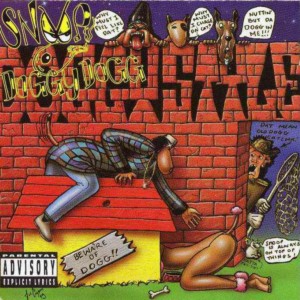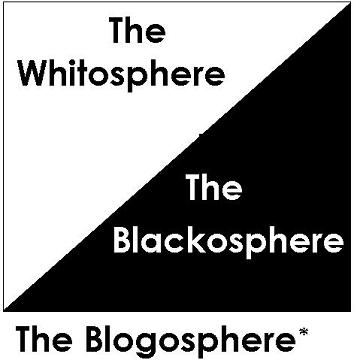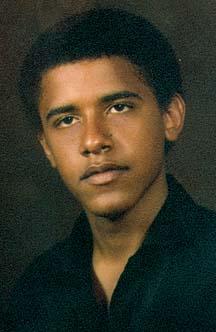 Barack Obama was at Altgeld Gardens from 1985 to 1988. It was where he first became a community organizer.
Barack Obama was at Altgeld Gardens from 1985 to 1988. It was where he first became a community organizer.
If you see Obama’s life as following the pattern of Rudolph the Red-Nosed Reindeer (think about it), then Altgeld Gardens was the Island of Misfit Toys.
Altgeld Gardens was a place without gardens, a low-rise housing estate that stands near the southern edge of Chicago, on the banks of the poisoned Calumet River. When it was built in the 1940s for black soldiers returning from the war, there was plenty of work in the nearby steel mills. But by the time Obama got there 40 years later the steel mills were all closed. There were street gangs and most lived in poverty. It was solidly black.
Across the street was a huge sewage plant. The parallel was not lost on Obama.
Obama got his degree at Columbia University in 1983. He told everyone he would become a community organizer and wrote to anyone who might help him. No luck. So he worked for two years in New York. For a while he even worked for Ralph Nader in Harlem
At last in 1985 someone answered one of his letters. Obama packed his belongings in his car and headed for Chicago. Not so much as a do-gooder, but in hopes of making sense of who he was.
When he got there Obama noticed that blacks talked quite a bit about what was wrong. They even had some good-sounding ideas, like black nationalism and self-esteem. But he also saw that an idea meant nothing unless it was backed by large numbers of people working together to put it into action.
So Obama’s challenge was to get poor blacks together in large enough numbers behind an issue so that the city would have to do something. The grass roots thing.
The man who brought him to Chicago was white. He saw poor blacks as poor but not as black. Maybe that was good in a way, but Obama saw that the people in Altgeld were not just fighting against poverty, they were also fighting the poison that whites had filled their minds with that made them hate their own blackness.
Whites blamed blacks for their own poverty. Blacks knew what a self-serving lie that was, but a part of them believed it: that when things went wrong it was because they were black, that deep down they were no good, just like white people said.
Obama was able to get work for some and worked to get the city to remove asbestos from Altgeld. It changed him. It showed what he could do. But it also showed him that he needed to rise in the power machine to to make the changes that would truly help Altgeld. So in 1988 he left to get his law degree at Harvard.
Some people even then believed he would one day become president.
See also:
- Altgeld Gardens on Google Maps – Altgeld is at 41.656 North, 87.602 West.
- Barack Obama
- Obama at Columbia
- There is absolutely nothing wrong with being black
- Rudolph the Red-Nosed Reindeer
- black ghetto









